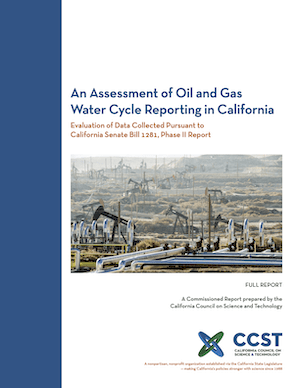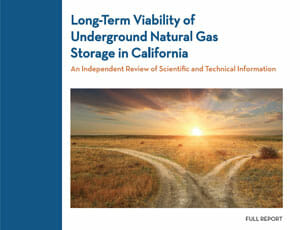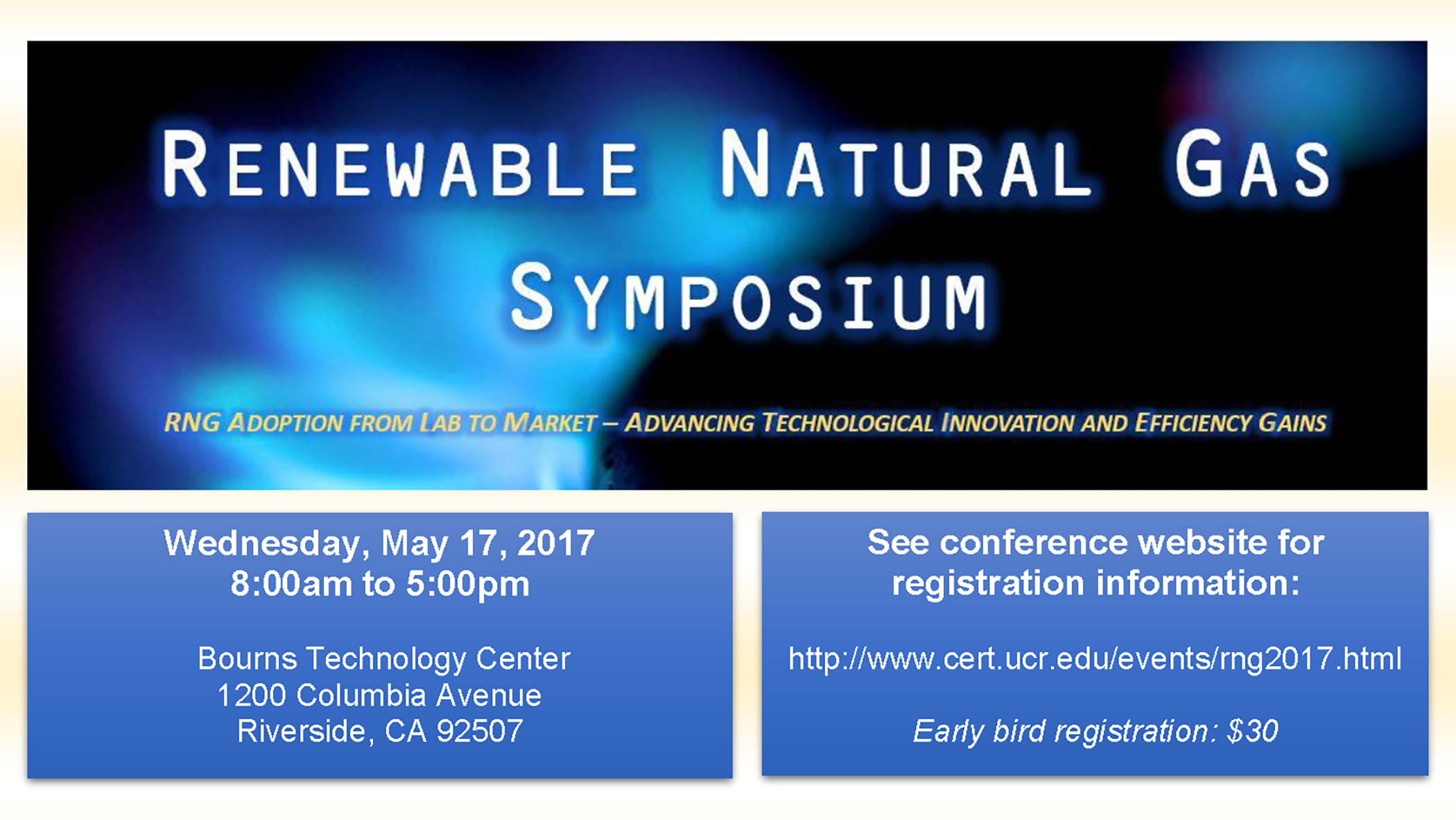CCST Project
SB 1281 - Oil and Gas Water Cycle Reporting
Overview
In the context of severe drought, Senate Bill 1281 (2014, Pavley) expanded reporting requirements for the California oil and gas industry regarding produced water—the water extracted from oil and gas production—intending to ensure the ability to assess impacts on California’s water resources, public health, and the environment. Within the Executive Branch, this responsibility falls under the Department of Conservation and its Division of Oil, Gas, and Geothermal Resources (DOGGR). After two years of data collection, the division—now called the California Geologic Energy Management Division (CalGEM)—contracted with CCST to conduct a study to evaluate how well the collected data meet this intent.
The report was guided by an expert steering committee chaired by Mike Kavanaugh, PhD, PE, NAE of Geosyntec Consultants with members from Berkeley Lab, NREL, UCLA, University of the Pacific, Yale, and the Southern California Coastal Water Research Project Authority.
Authors from PSE Healthy Energy and the Pacific Institute analyzed water data from 2015 to 2017 and—representing work completed in August 2019—determined the SB 1281 dataset provides an important step forward for managing water use, reuse, and disposal in oil and gas production, and provided recommendations for improvements moving forward.

Project Description
CCST conducted an early assessment of the data collection required by SB 1281 to be carried out in two phases. The intent of the study was to enable the state to implement the important provisions of SB 1281 in the most illuminating and efficient manner possible. Where improvements can be made, an early assessment of the data will allow a prompt correction to make the program as productive as possible in the long term.
Phase I:
The Division of Oil, Gas and Geothermal Resources (the Division), now CalGEM, has instituted the mandated data reporting required by SB 1281. In collaboration with the Division, the State Water Resources Control Board (Water Board) and other relevant state agencies and entities, CCST sought to:
- Identify important questions for State decision makers about the water life cycle in California's oil and gas production
- Provide a description of the analyses required to answer these questions
- Clarify how this information may be used to inform decision making
This first phase resulted in a document describing the questions that could be answered through mandated water reporting and the impact of various forms of data collection on the ability to answer the questions.
Phase II:
The second phase carried out an early and preliminary assessment of the SB 1281 data set, along with other available relevant data, via quantitative data analyses of key questions identified from Phase I. The combination of evaluating the dataset by working toward answering these questions with a direct assessment of the raw data and reporting methods will help to determine whether the type of information reported is accurate, necessary and sufficient to answer the questions identified in Phase I. Where possible, CCST made recommendations on how the data reporting can be improved and streamlined, and identify new questions that may arise through the preliminary data assessment.
It is quite likely that relatively minor adjustments in some data collection requirements would make it possible to answer some of these questions that could not be answered otherwise. For example, if operators report volumes of produced water without identifying enough information to track the eventual disposition of the water, certain questions about the risks of reuse could not be answered. It is also possible that some of the data being collected are not particularly useful or are redundant.





